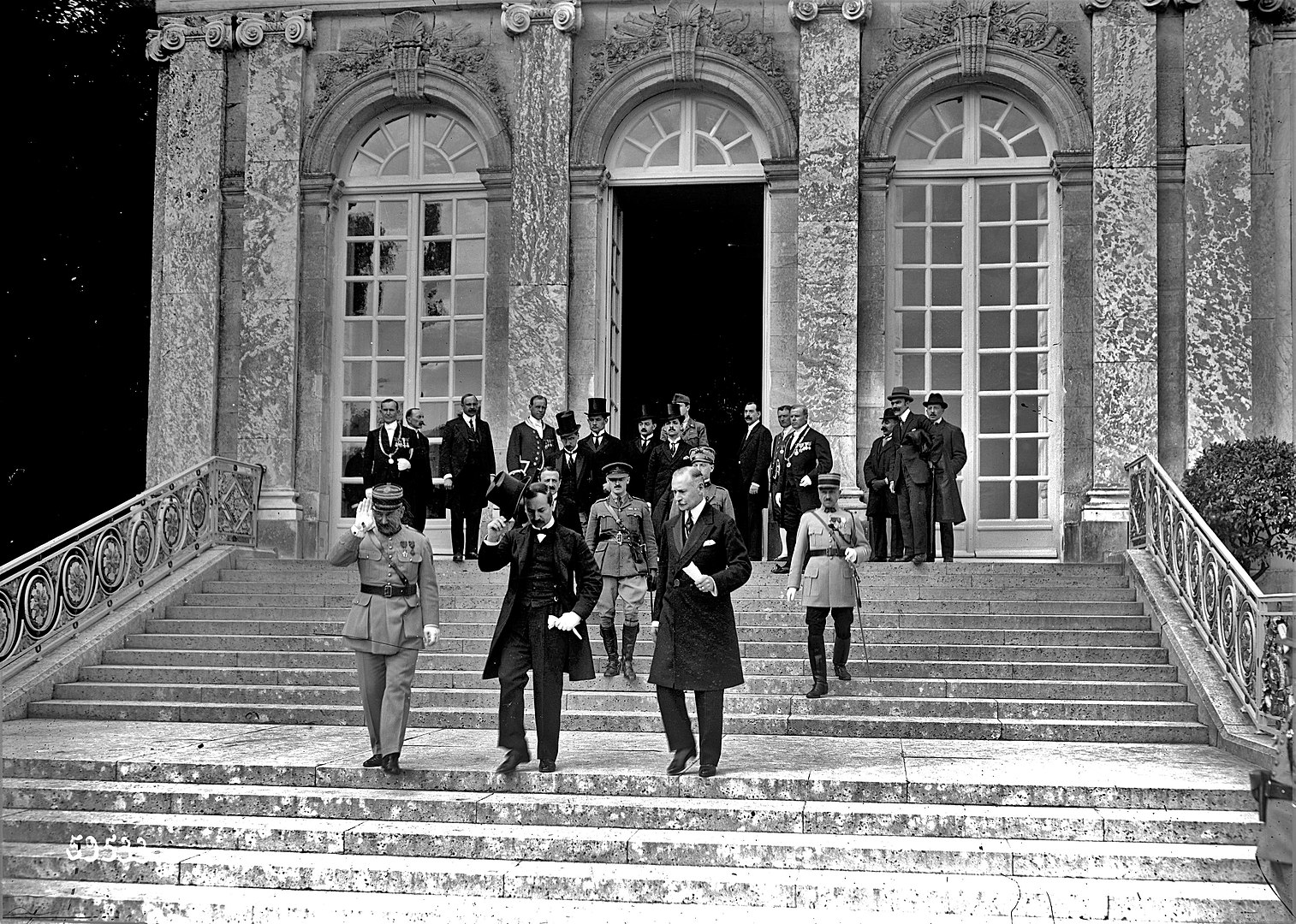The basis of national unity is that every Hungarian knows that the Hungarian state has borders, but the Hungarian nation has none, said Cabinet Minister Gergely Gulyás on Sunday in Sátoraljaújhely at a commemoration ceremony held on the occasion of the Day of National Unity.
June 4 is the day when the Treaty of Trianon was signed near Paris in 1920, in which the country was forced to cede two-thirds of its territory and half of its population to neighboring countries. It was one of the three biggest traumas in the Hungarian nation’s 1,100 years in Europe, with the other two being the Mongol invasion in the early 13th century and the beginning of 200 years of Ottoman occupation at the beginning of the 16th century.
At the event organized by the Rákóczi Association, Gulyás said: “It is the duty of the Hungarian state, the motherland, to be the home of all Hungarians, while supporting them to stay and prosper in their homeland.”
[pp id=9024]
The town of Sátoraljaújhely on the Slovak border embodies Hungary’s historic loss: After the treaty, it lost 2,000 hectares (almost 5,000 acres) of its territory, its industrial zone and its train station to then Czechoslovakia.
On May 31, 2010, shortly after Viktor Orbán’s Fidesz party took the helm of the country after eight years of liberal rule, the Hungarian Parliament declared June 4 the “Day of National Unity,” focusing on the nation’s achievements instead of its losses.
“The great experience of Trianon is that we must stand by each other and know about each other, even in the face of division. We need to know the value of the church and the school, the scout troop and the sports club, the dance and drama club, the choir, and the traditional Hussar unit,” Gulyás said.
He pointed out that while Hungary “remembers with sorrow the mutilation of the country, we also celebrate the fact that we have survived after 103 years.”
[pp id=9224]
“We are still alive, though in lesser numbers, but not broken. We are alive in Partium and Transylvania, in the south, in Felvidék, in the Moravian Mountains, and we persevere in the face of terrible hardships in Transcarpathia,” he said, referring to the regions lost in the 1920 treaty.
Gulyás said that “the past century has proven that the nation is above the state. Nations are God’s creation, borders were drawn by people. Support for the motherland is important and is now a constitutional obligation. However, the Hungarian nation has also survived when the leaders of the Hungarian state did not think in terms of a nation, when they forgot, abandoned or betrayed national unity, as happened during four decades of communism or under left-wing governments.”






